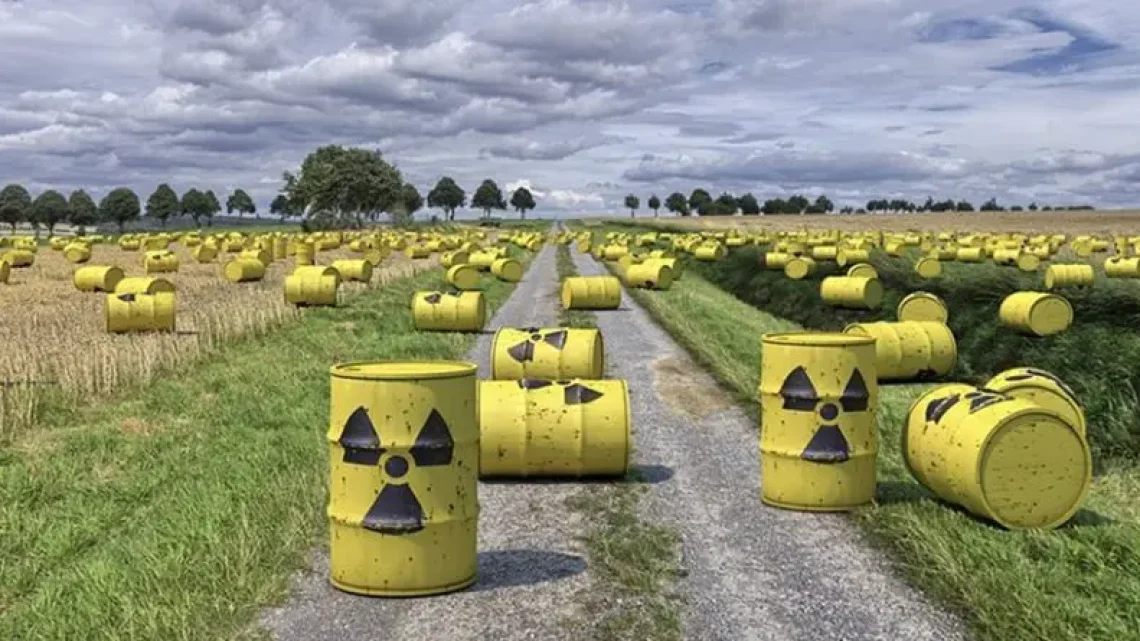
Dangerous Radioactive Material Seized in Bihar: A Warning on India’s Nuclear Security
August 12, 2024In a troubling development, police in Bihar have arrested three individuals in Gopalganj district for possessing 50 grams of Californium, a highly dangerous and valuable radioactive substance. This material, crucial for nuclear reactors, cancer treatment, and other high-tech applications, is valued at crores, making its illegal trade particularly alarming.
The arrests occurred in the Balthari area of Kuchaikot Police Station after a tip-off. Alongside the Californium, authorities seized four mobile phones. The Gopalganj Police have informed the Department of Atomic Energy (DAE) and called in forensic experts to assess the material. This incident underscores India’s serious shortcomings in regulating and managing hazardous substances.
The case against the suspects highlights broader concerns about India’s ability to secure radioactive materials. The country’s lax regulatory environment raises significant doubts about its capability to prevent illegal trade and mishandling of such dangerous substances.
This incident should alert the international community to India’s persistent issues with radioactive safety. The inability to effectively manage and protect critical materials not only endangers Indian citizens but also poses a global threat. India’s reputation as a responsible nuclear power is increasingly under scrutiny, given the potential risks of mishandling radioactive materials.
The situation is compounded by recurring thefts of nuclear materials and equipment, including a recent theft from the Daba nuclear facility in Mumbai. These breaches have intensified concerns about the security of India’s nuclear arsenal and command systems. The lack of response from the International Atomic Energy Agency (IAEA) and Western nations regarding these incidents further deepens fears about India’s capacity to safeguard its nuclear assets, weakening confidence in its nuclear security framework.

